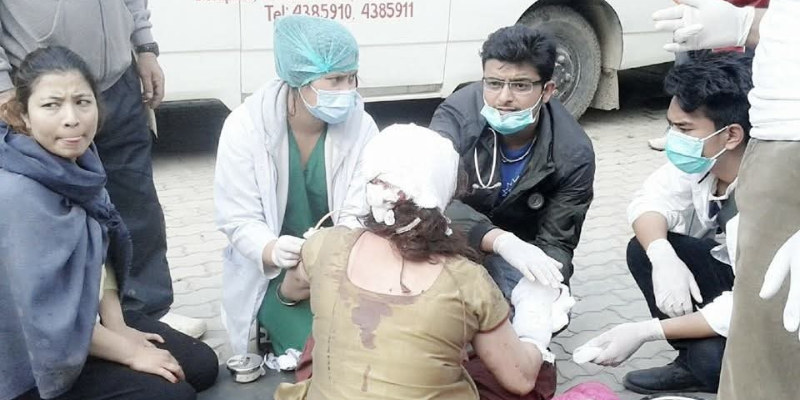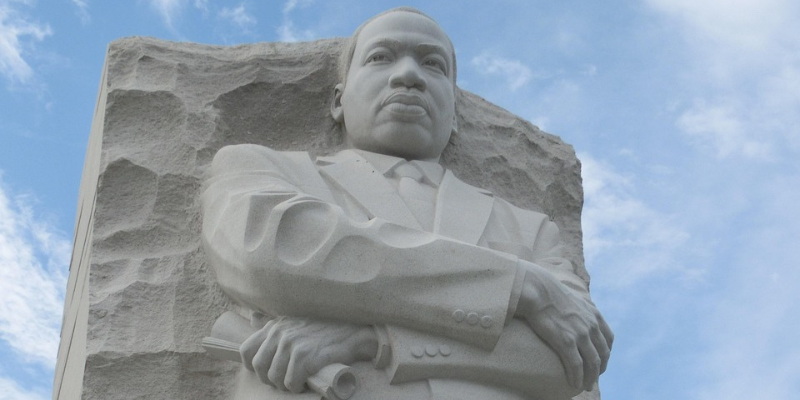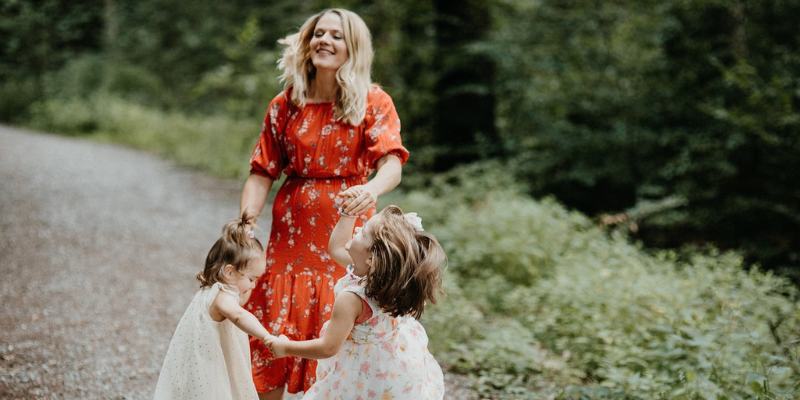The past nine months I have been in a small group through my church that meets bi-monthly. We explore our faith, theology, spiritual practice and concepts like forgiveness and wholeness .
The course is somewhat academic in structure as there are readings, videos and reflection questions in preparation for our sessions. Though, it is encouraged we prepare, it is not mandatory.
This year, one of our readings was the book, Heartwood; The Art of Living with the End in Mind, by interfaith pastor Barbara Becker. The book is composed of small vignettes from her life that explore death and dying. Many of her experiences as a hospice volunteer are captured as well. Her book was to be about death, but she learned that in writing about death she really explored what it means to live.
Heartwood is the inner core of a tree. While dead it does not decay as it is supported by the outer living rings of the tree. Becker, describes Heartwood as the ideal metaphor for our life, “where life and death cannot exist separately from each other.”
In one anecdote Becker shares the story of her childhood friend Marisa. In her late 30s, Marisa had metastatic breast cancer. The illness caused Becker to question her own mortality. Becker began a year long experiment in herself. She asked, what if this was my last year on earth? “I don’t want to die without . . .” She then began systematically looking at how she spent her time and making intentional changes to her life. This included international travel, changing her work so it was more meaningful, planting flowers, spending more time holding hands with her spouse and trying to snap less at her children. She discovered the deep joy in small things.
Becker wrote about a challenging topic with warmth and humor. Her writing was thoughtful and compelling and deeply personal. I connected to her exploration of death as it guided her to live more intentionally.
Working in palliative care, we too are forced to look at our own mortality. So often, we hear the heartbreaking stories from patients and families of how their lives have been irrevocably changed by serious illness. These stories invite us to look at our own lives and relationships. In this work, we are constantly being asked, if my time was short, would I change things in my life? About two years ago, I had made some major life changes, got divorced, changed jobs and hiked Africa’s tallest mountain, Kilimanjaro. I told myself, that’s a lot of change in a short amount of time. That’s a bit nutty! However, a caring colleague reflected back to me, perhaps you understand what’s important in your life and have prioritized it. That reframing was huge!
I am constantly reminded of the fragility of life. These days, I am working on being more intentional with time spent with loved ones, trying to make space for gratitude, reflect and meditate, spend my time with the things that renew my spirit such as live music and working in my garden. As someone who likes to stay busy, it is a constant challenge to shift from doing to being. Time is short and I have a lot still to learn.



